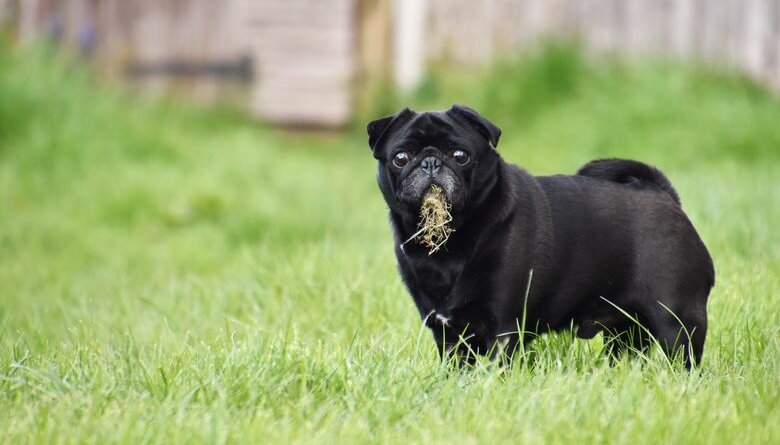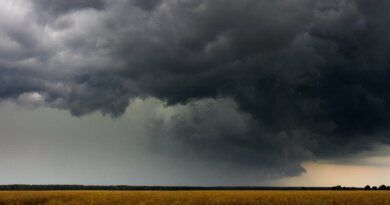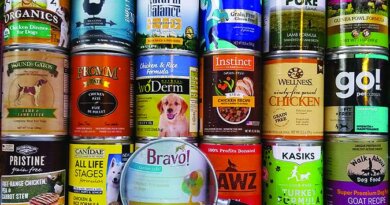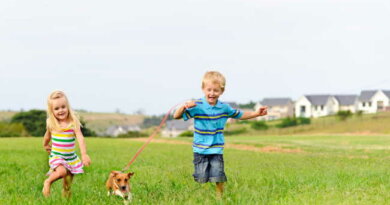Why Do Dogs Eat Grass (and Should They Stop?)
If you’ve noticed your dog eating grass, you might be relieved to hear that this is a common dog behavior, and, contrary to conventional wisdom, it is usually not because your dog has an upset stomach.
“But she throws up after she eats grass,” you say. “Doesn’t this mean her tummy is upset?”
Actually, no. Fewer than 25% of dogs who eat grass chuck it up afterward, and only about 10% of grass-eating dogs show signs of illness prior to grazing. So, rather than eating grass because they needed to throw up, most dogs who do throw up probably do it as an incidental after-effect.
So why do dogs eat grass?
Dogs have a natural carnivorous bias, meaning their teeth, digestive systems, and preferences lean toward eating meat. As historical scavengers, though, they also eat vegetable matter. The simplest explanation for grass-eating is that some dogs just like it. It tastes good and they like the sensation of grass in their mouths.
Dogs do need roughage in their diet, and grass can be a good source of fiber. A lack of roughage can be detrimental to your dog’s ability to digest food and eliminate normally, so eating grass may actually be beneficial to the canine digestive system.

Reasons and solutions for grass-eating: How to stop your dog from eating grass
That said, there are some medical explanations for the grass-grazing habits of some dogs. Frequent grass-eating dogs who show indications of digestive distress may have a medical problem such as gastric reflux, inflammatory bowel disease, or pancreatitis. If your dog shows signs of stomach discomfort a prompt visit to your veterinarian is called for to rule out or treat serious medical conditions.
There are also potential behavioral reasons for this behavior. A bored dog may graze on greens for lack of anything better to do. The solution? Increase exercise and provide enrichment alternatives to reduce her desire to mow your lawn. Food-dispensing toys, scent work, “sniff walks,” canine play dates, and cognition games are excellent enrichment activities.
Stress can also lead to grass-guzzling. Chewing is a great stress reliever, and from a dog’s perspective, grass is a chewable stress object, especially absent more appropriate chew options. The solution? Explore ways to reduce her stress and be sure to provide appropriate high-value chew objects. (Sturdy toys stuffed with food and frozen top our list.)
Attention-seeking is another explanation. Your canine pal may offer behaviors to get you to engage in activities with her. If grass-eating successfully prompts you to interact with her, you are reinforcing the behavior and increasing the likelihood she’ll do it more. The solution? Ignore her when she’s munching grass and pay attention to her when she’s engaged in activities you prefer.
When should I stop my dog from eating grass?
The biggest risk to your dog from grass-eating is ingesting lawn chemicals. If you treat your yard (or walk where grass is treated) then you must prevent her from munching on the greens. You could fence off part of your yard that you pave, gravel, or don’t treat so she can have a free-play area. Otherwise, walk her where it’s safe, and/or use treats or toys (play tug!) to reinforce her for keeping her head up when walking on grass.





cheap medications https://pillswithoutprescription.pro/#
lasix 20 mg tablet price in india